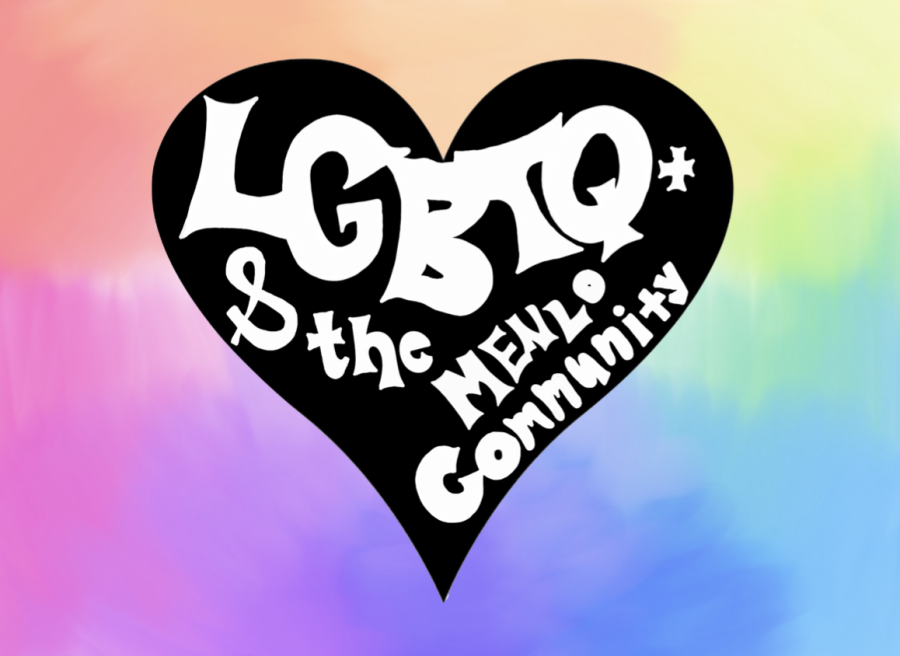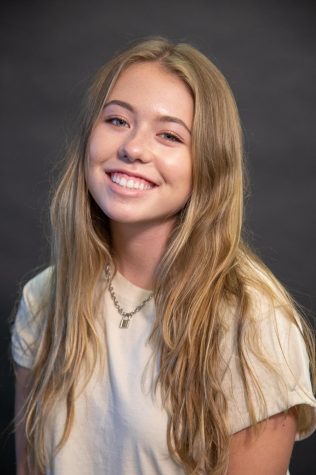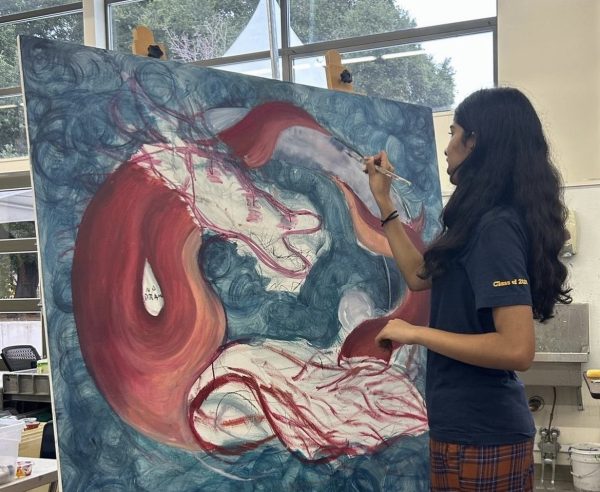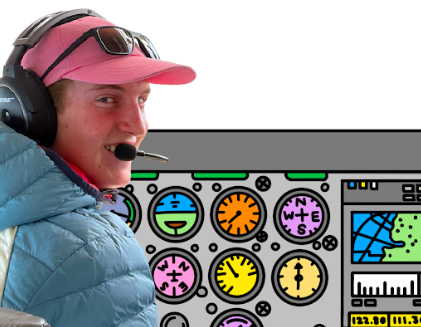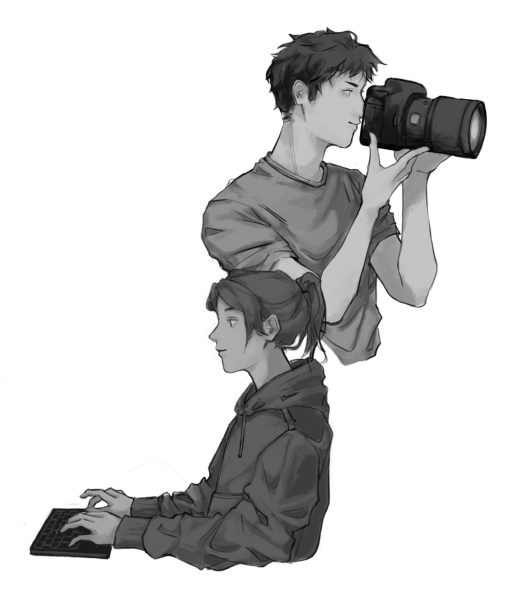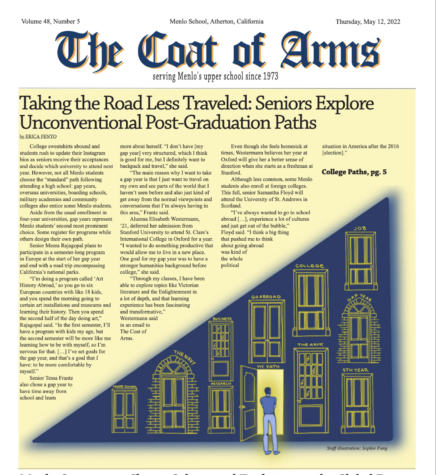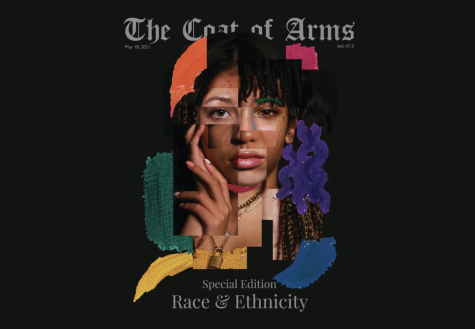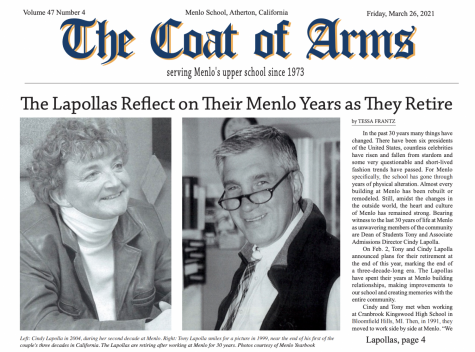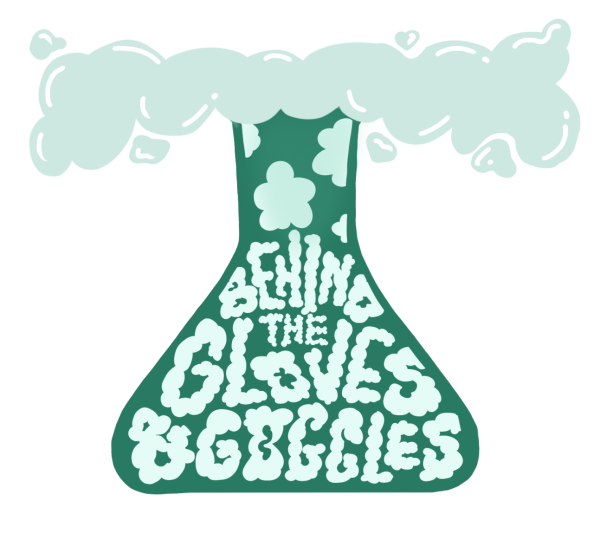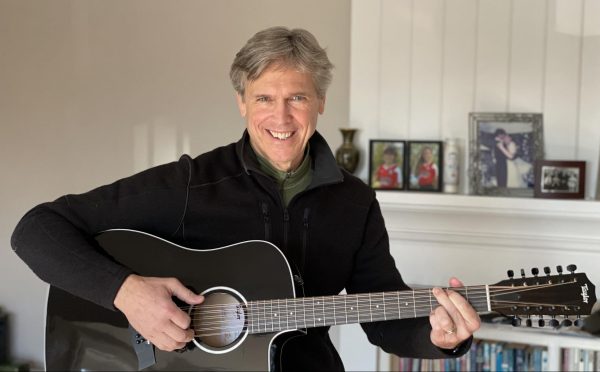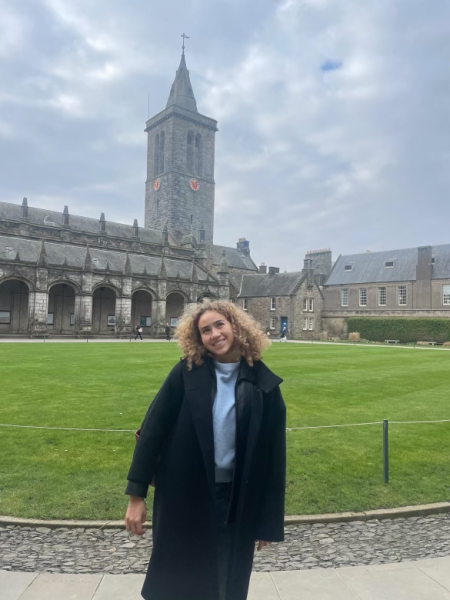The LGBTQ+ Experience at Menlo: Package Cover
This package is an extension of the center spread topic in the most recent print edition of The Coat of Arms (47.2, published in December 2020), which is about the Menlo community and LGBTQ+. This package contains the stories that were printed in our center spread — with a brief preface and topics on allyship, education, identity and culture — as well as one online-exclusive story about being a member of the LGBTQ+ community while also being religious. We would like to thank everyone who was interviewed for these stories and encourage our readers to respect the anonymity of those who wished to keep their identity out of the story. We would especially like to thank the members of Rainbow Club, with whom we have been in close contact throughout the process of writing these stories and who have been incredibly supportive and helpful.
Spread Editor Tessa Frantz writes a brief preface to the rest of the package, highlighting The Coat of Arms’ goal in exploring this issue — to amplify LGBTQ+ voices, tell their stories and eliminate the stigma that often surrounds conversations about sexuality. To reiterate the notice above, it is important that the anonymity of any members of the community who were interviewed is respected.
I Thought I Knew How To Be An Ally
Copy Editor Valentina Ross had a vulnerable conversation with her sibling, Leo, about being a good ally. She reflects that what she thought was inspiring was actually harmful, and she summarizes what she learned. “I was grateful to Leo for calling me out, and you should be, too, if you get called out. Because of this conversation, I got the opportunity to learn and be a better ally,” she wrote.
Students Reflect on LGBTQ+ Culture
LGBTQ+ members of the Menlo community discuss the realities of stigma surrounding conversations about sexuality and their hope for Menlo to be as accepting of an environment as possible. Spread Editor Tessa Frantz interviews students such as junior Emory Tudor, who said that simply accepting LGBTQ+ students is not enough. “I think both teachers and students make an effort to be inclusive. But it’s hard, especially if teachers don’t ask for people’s pronouns,” they said.
Junior Jack Rosenberg on Identity and Coming Out
“It just became like if someone [called me gay,] it wasn’t an insult. Just living as me and not wanting to deny it is empowering,” junior Jack Rosenberg said. Video Editor Laura Artandi writes about Rosenberg’s identity and coming-out, starting from when he first started questioning his sexuality in seventh grade.
History Teacher Matthew Nelson on Being Religious and Gay (ONLINE EXCLUSIVE)
History teacher Matthew Nelson is a Christian member of the LGBTQ+ community, which he discusses with Spread Editor Tessa Frantz. “In the queer community, if you’re Christian, people look at you strange. They ask why you would ever want to be a part of that. But then in Christianity, people will say, ‘You’re a walking oxymoron,’” Nelson said. He believes that not only does he not have to choose between his sexual and religious identity, but he also thinks that the morals of both groups coincide.
LGBTQ+ in History and English at Menlo
Assistant Opinions Editor Penelope Stinson writes about how LGBTQ+ history and other issues are included into the English and history curriculums at Menlo. Several members of the school’s Spectrum Club believe that LGBTQ+ topics are not discussed enough in history and English classes. Others, such as history teacher Matthew Nelson, offer other perspectives; Nelson said that he actively tries to incorporate LGBTQ+ topics in his classes.
A Freshman Girl on Identity and Coming Out
An anonymous freshman girl describes her coming out experience as releasing and something that generally takes a lot of bravery, Spread Editor Tessa Frantz writes. Though the people this freshman girl has come out to have generally been very supportive, she said it is more difficult to come out at Menlo. “Being a part of such a small population of the school who are out is uncomfortable because you don’t know how people will react,” she said.


